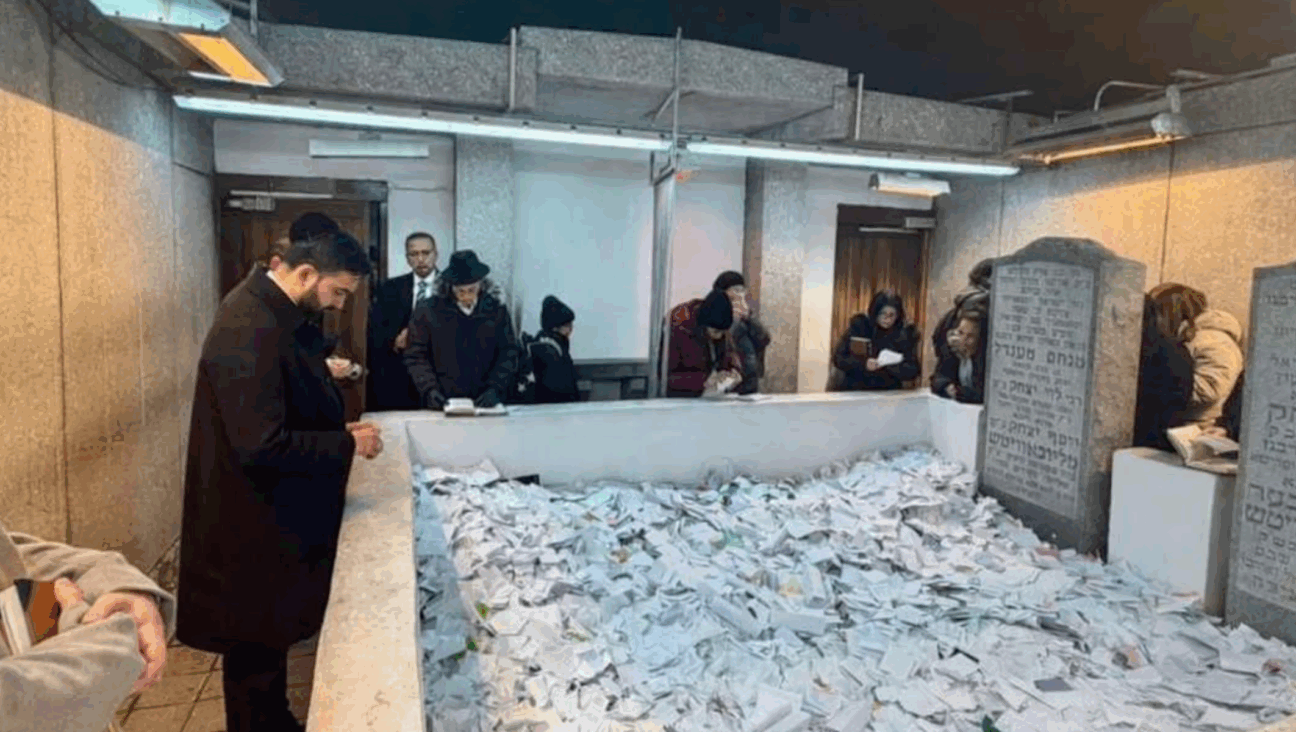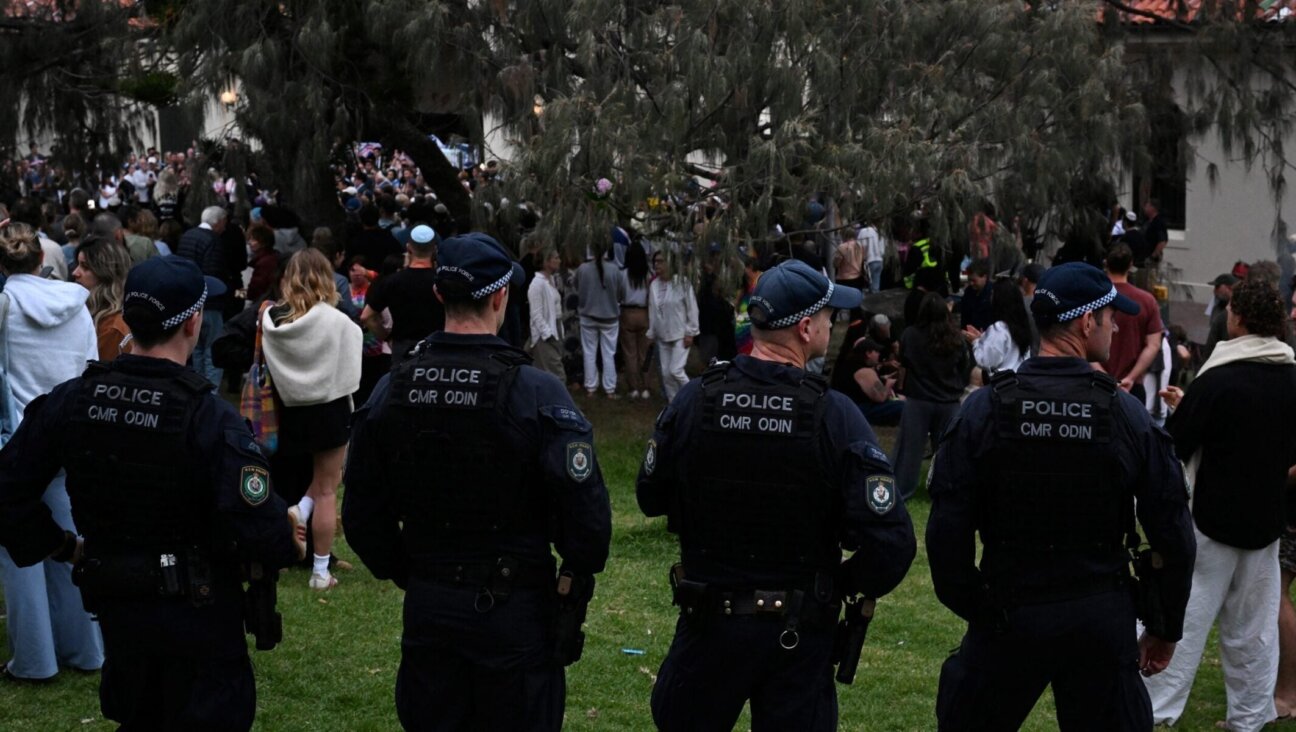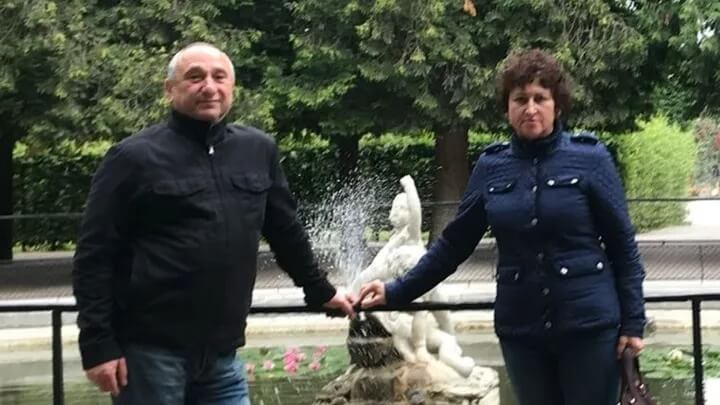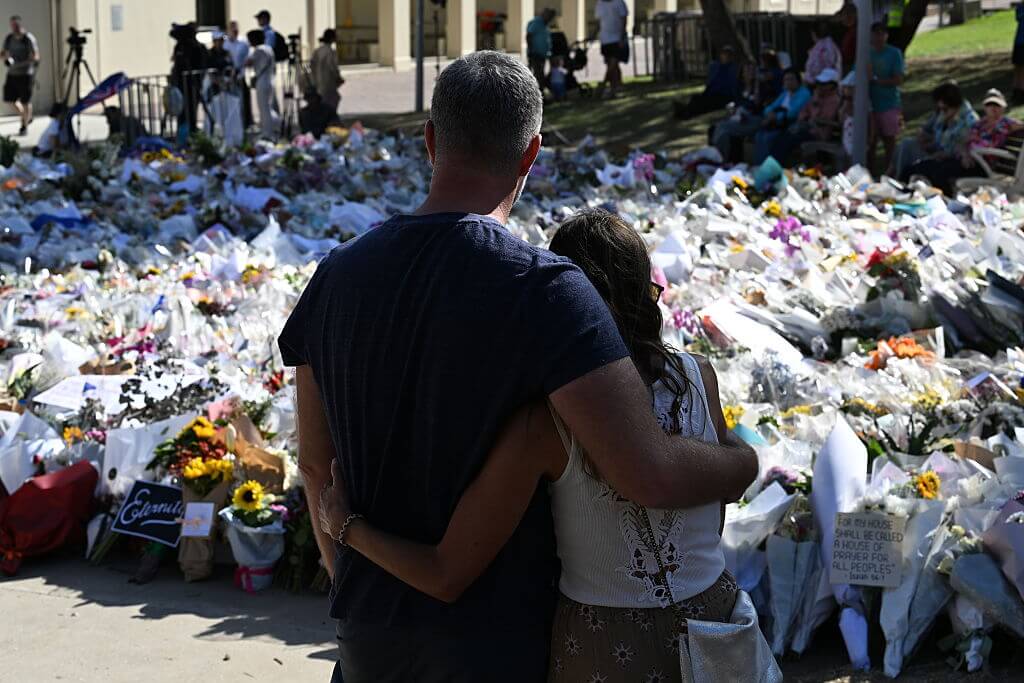Greek Telethon for Gaza Hospital Was a Hoax
A campaign in Greece to raise money to rebuild a Chrisian Palestinian hospital in Gaza allegedly destroyed by Israel appears to be a scam, JTA has learned.
The hospital that was the focus of a campaign, which included the participation of Greece’s president and foreign minister, never actually existed.
For nearly a week in February, Greece’s official state television network inundated viewers with news about a telethon that would take place Feb. 9 to raise money to “rebuild the Christian hospital in Gaza that Israelis destroyed with their bombs” during the Israeli army’s operation there in January.
In its announcements, the network made clear that it was referring to a specific Christian hospital destroyed by Israel.
The telethon included recorded video messages by Greek President Carolos Papoulias and Foreign Minister Dora Bakoyianni, along with a parade of Greek politicians, singers, public personalities and trade unionists. Many used the telethon to cast broadsides at Israel.
The campaign raised $1.67 million, according to telethon organizers, who said little Greek children had gone so far as to break their piggy banks to offer $14 to Palestinians in need.
A JTA investigation revealed, however, that no Christian hospital was on the list assembled by the United Nations and the Red Crescent Society of structures in Gaza damaged and destroyed as a consequence of the Israel-Hamas war in January.
JTA spoke to two Palestinians living in Gaza who are active in or former members of nongovernmental organizations there, both of whom looked into the issue independently. Both reported that the only Christian hospital in Gaza, Al Ahli, was used during the war and did not receive a scratch. Al Ahli, which was started by the Church of England, is owned and operated by the Episcopal Diocese of Jerusalem, a diocese of the Anglican Communion.
Outside the city there is also small medical center supported in part by the Near East Council of Churches that was destroyed during the war.
One of the Palestinians demanded to know where the money from the Greek telethon went.
Asked who decided that the telethon money should go to a hospital that turned out to be fictitious, the president of ERT/NET, the TV station that broadcast the program, Vangelis Panagopoulos, told JTA that “ERT does not organize these things but simply provides the time slot. The event was organized by the General Confederation of Greek Workers” – Greece’s main trade union organization – “and the Foreign Ministry.”
Reached by JTA, a spokesman for the General Confederation of Greek Workers said, “Ask the Greek Foreign Ministry and [Foreign Minister] Bakoyianni – they know.”
During the telethon, the union of engineers in Greece, known as TEE, announced that it would rebuild the hospital for free. Yet in a phone conversation with JTA, TEE said it participated in the telethon under the impression that if there were a project to build, the union would build it. No “Christian hospital” was mentioned, the union said.
But a statement released by the TV station the day after the telethon specifically said that “The [Christian] hospital, which will be designed from the start by the engineers of the TEE, will provide its services to people in the area.”
Asked about the subject in a chance meeting with JTA, Greece’s ambassador to Israel, Nikos Zafiropoulos, denied knowing anything about the matter and said the Greek Consulate in Jerusalem handled all matters in the West Bank and Gaza.
Five days later a Greek financial newspaper, Kerdos, published a small item requesting proposals for a project to be funded by $1.67 million raised in the telethon.
It was the first public acknowledgement that the Christian hospital claim had been a lie.
“A project is being sought in Gaza to be financed by the money raised from the Solidarity Telethon organized last February by the Technical Chamber of Greece and another nine trade union organizations in cooperation with Greek Public Television,” the item read. “A delegation of the bodies involved will visit the area in the near future in order to decide where the 1.2 million Euros raised for a project that will provide substantial services to all the area’s residents will be allocated.”
No one was taking responsibility for the situation.
The spokesman for the Greek Foreign Ministry, Gregory Delavekouras, said, “Along with the Ministry of Health, it was our intention to raise money for the restoration of schools and hospitals, and more specifically for the medical center,” he said. Delavekouras could not say how the “medical center” morphed into “the Christian Hospital of Gaza” on TV.
One thing is certain: In a six-hour telethon loaded with Israel bashing, the Greek public was deceived that money contributed would go to rebuild a Christian hospital destroyed by the army of the Jewish state.
What remains unclear is whether organizers deliberately perpetrated the fraud or the telethon had fallen into the deception by accident.















